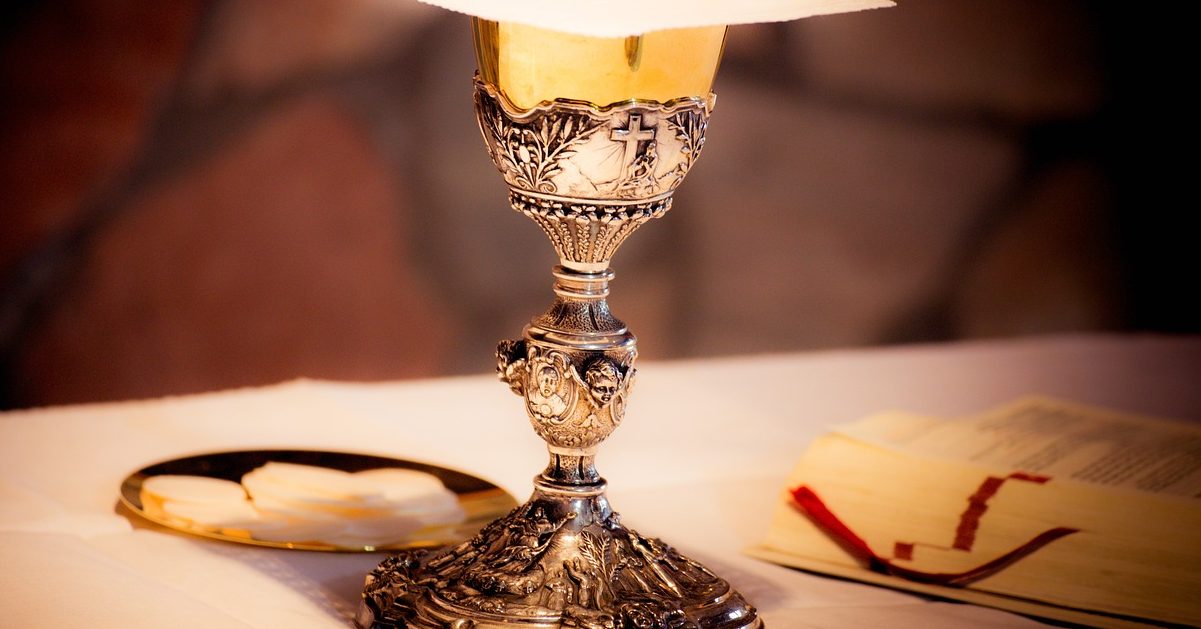Your cart is currently empty!
Understanding Communion: A Spiritual Approach
Communion, also known as The Lord’s Supper, holds a significant place in Christian worship. Rooted in the teachings of Jesus Christ during the Last Supper with his disciples, this sacrament carries profound spiritual meaning. The Apostle Paul, in his first letter to the Corinthians, elaborates on both the blessings and potential dangers associated with partaking in the Lord’s Supper.
Communion: The Church of Corinth
The Corinthians’ communion services had become corrupted with selfishness, drunkenness, and discrimination against the poor. Participants were neither honoring God nor edifying one another in their celebrations.
In the early days of the church, Christians celebrated the Lord’s Supper with feasts (Acts 2:46). Paul indicated that the Corinthians were favoring the wealthy and privileged but neglecting the poor. Some participants remained hungry while others got drunk. The Corinthians were publicly overindulging in their church services and discriminating against the poor. Their actions, Paul said, were equivalent to “despising the church of God” (1 Corinthians 11:22).
Paul then reminded the Corinthians how to properly observe communion, stressing that the central focus of the celebration is to remember Christ’s sacrifice and proclaim His work of salvation (1 Corinthians 11:23–26). In essence, when people outside the church observe a unified body of believers eating and drinking to remember Christ’s broken body and spilled blood, the message of the gospel becomes visible. Paul hoped that reminding them of the Lord’s simple and straightforward instructions would lead the Corinthians to correct their bad behavior.
The Blessings of Communion
Partaking in the Lord’s Supper is a sacred act that embodies numerous blessings:
- Spiritual Unity: Through Communion, believers share in the body and blood of Christ, symbolising unity with Him and with each other.
- Remembrance: It is a time to remember the sacrifice of Jesus Christ, reaffirming one’s faith in His death, resurrection, and promises.
- Thanksgiving: The Lord’s Supper offers a moment of thanksgiving for the grace and love that God bestows upon humanity.
- Grace: As believers partake, they receive grace that strengthens their spiritual life and commitment to God’s teachings.
The Dangers of Partaking Unworthily
While the Lord’s Supper is a source of spiritual nourishment, Paul warns against partaking in it unworthily:
- Self-Examination: Paul emphasizes the importance of self-examination before participating in Communion (1 Corinthians 11:28-29). Failing to discern the body of Christ can lead to partaking in an unworthy manner.
- Consequences of Taking It Lightly: The apostle explains that those who eat the bread and drink the cup without due reverence are guilty of sinning against the body and blood of the Lord (1 Corinthians 11:27). This can result in spiritual and physical sickness or even death. Could this be the reason so many church folks die prematurely?
Conclusion: The Need for Reverence
Have you ever wondered why so many people in churches are always asking for prayer for healing? You pray fervantly for them, and they still die? during the early morning hours the Lord reminded me of this scripture written by the Apostle Paul that gave a strict warning to not partake in the Lord’s supper unworthily.
Then the Lord reminded me of myself first and then other Christians who became sick after taking Communion. I’m just thankful He did not allow me to die and forgave me for disrespecting the His body and blood sacrifice by living how I wanted to live because “we were under grace.”
The apostolic guidance stresses that the Lord’s Supper should be approached with humility, reverence, and self-reflection. It is a precious time to renew one’s faith and reinforce the covenant with Christ. By partaking worthily, believers celebrate the blessings of the New Covenant and encourage one another in their spiritual journeys.
Let us, therefore, approach the table of the Lord with the respect and introspection it deserves, that we might partake in its blessings and avoid the dangers outlined by the Apostle Paul.
Sources:
Comments
2 responses to “Communion: Curse & Blessing?”
-
I thank you for this information. I was born into Catholocism. Praise God, I became a Christian late in life and was Baptized in 1998.
-
Amen! God bless you.
-


Leave a Reply